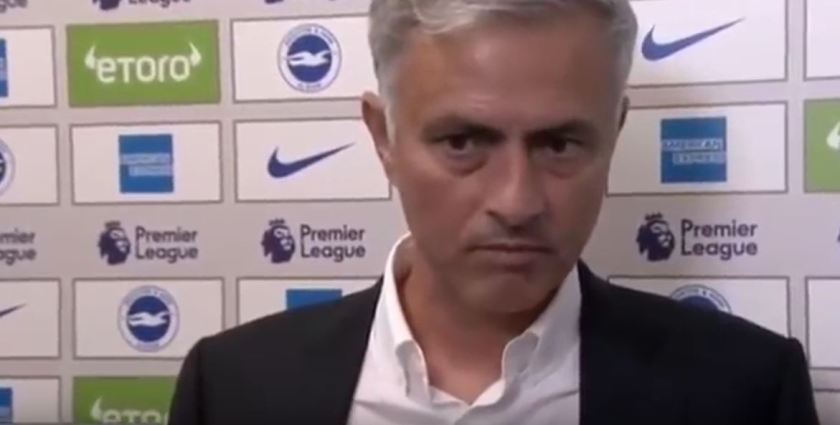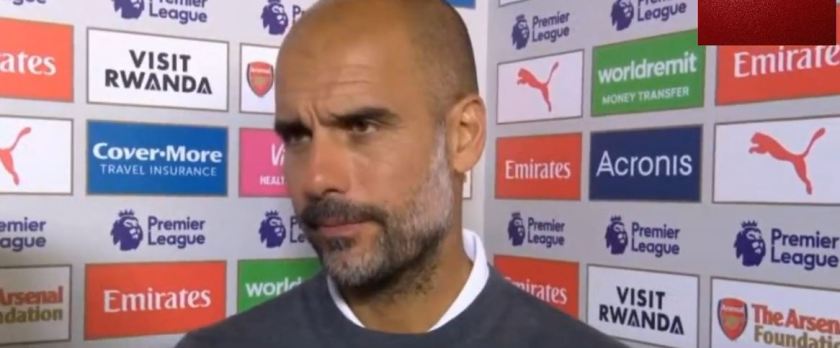A weekend away in Brighton and Mourinho fails to find the spark in his relationship with Manchester United.
It is a story of mistakes for Mourinho.
“We were punished by the mistakes. Sometimes players and teams make mistakes and you are not immediately punished. We were always punished by every mistake we made – and the third goal is too hard.”

“At half-time we tried and the team in the second-half tried, but from the mental point of view the accumulation of mistakes and the punishment by the goals was step-by-step giving confidence and happiness to a good team like Brighton. ”
Given the opportunity to exorcise his players in publc Mourinho ensures the criticism is publicly shared amongst all of the players.
“When I am critical of my players you don’t accept it. The press and pundits are very critical of me when I go in that direction. Please do not ask me to go in that direction, because it is not good for me.”
“I will be very, very happy to analyse my players performance when it is very good. It is a great thing to stand in front of the cameras and say player A, player B, player C, they were fantastic, they had a fantastic performance. ”
“When I cannot do that, do not push me to the other side, because I cannot go to the other side. ”
In praising no-one, Mourinho criticises everyone.
Leadership communication lesson
Communication is never simple and one way in which leaders are often confounded is by failing to appreciate the meaning listeners can take from things which are not said. In his interview Mourniho plays with this quite deliberately and leaders that aspire to be good communicators need also to control for this variable. All good communicators will share large-scale communications with intended audience members to test for undertstanding. Excellent communicators will also test for any meaning the audience could infer from content that is not contained in the communication.


